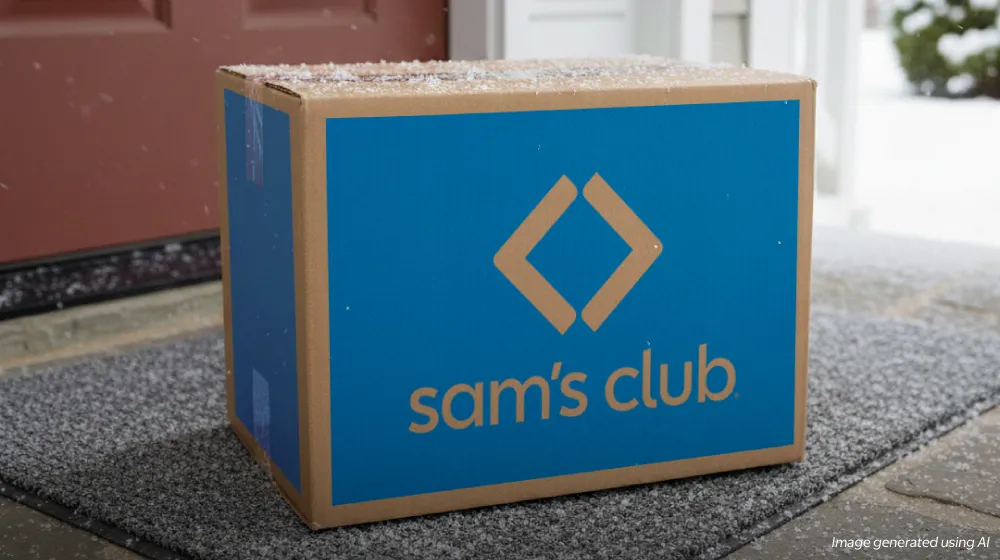ALEXANDRIA, Va. — The National Community Pharmacists Association (NCPA), American Pharmacists Association (APhA) and National Alliance of State Pharmacy Associations (NASPA) have asked the Food and Drug Administration to delay enforcement of a July 1 product tracing deadline for dispensers of pharmaceuticals.
In a letter this week to the FDA’s Office of Compliance, the three pharmacy groups said a delay of the deadline — set by the Drug Supply Chain Security Act (DSCSA), enacted in November 2013 — would help avoid any potential disruptions in the pharmaceutical supply chain. The letter was signed by B. Douglas Hoey, chief executive officer of NCPA; Thomas Menighan, executive vice president and CEO of APhA; and Rebecca Snead, executive vice president and CEO of NASPA.
NCPA, APhA and NASPA said in the letter that since DSCSA’s enactment they have engaged in an educational campaign to inform members of the act’s requirements and foster communication with trading partners — particularly drug distributors — to determine how transaction information will be distributed and what contractual arrangements might be available to meet the statutory record retention requirements.
“However, according to a recent survey of NCPA’s membership as well as feedback from APhA and NASPA members, it would seem as though additional outreach and education is needed,” the letter stated. “About half of the NCPA survey respondents have been in contact with their wholesale distributors to discuss how the transaction information would be provided, and an almost equal number reported being unaware of services that wholesalers are offering to maintain and store the information. Less than 15% have entered into contractual arrangements with their wholesalers.”
There are also concerns with secondary distributors, the pharmacy groups added. About 83% of NCPA members report using the services of secondary wholesalers when there are drug shortages or a patient has a specific need for a drug that may not be generally available from primary distributors. Yet less than 20% of survey respondents reported being aware of services that secondary wholesalers are offering, if any, to maintain and store transaction information, the groups noted.
“With the December 2014 FDA enforcement discretion delaying enforcement of the product tracing requirements until May 1, 2015, this implementation timetable has been compressed. Our organizations remain concerned that despite the extensive efforts by pharmacy and wholesale distributor associations to educate dispensers, some trading partners will encounter challenges beyond their control, with the possible outcome of disruptions in the supply chain,” the three organizations wrote in the letter. “To forestall potential disruptions in the pharmaceutical supply chain, the undersigned organizations respectfully request that FDA utilize its enforcement discretion to delay the July 1 product tracing deadline for dispensers. Our members fully intend to continue intense, concerted efforts toward full compliance. But by exercising its enforcement authority, FDA would allow progress to continue while minimizing the risk of product shortages or disrupting patient access to prescription drugs.”







